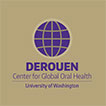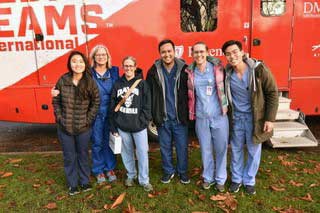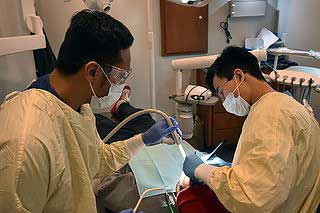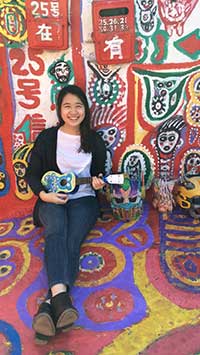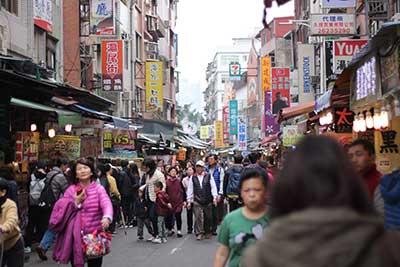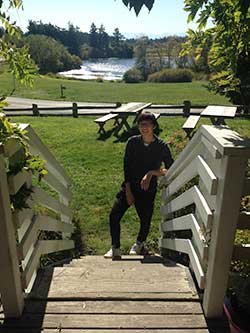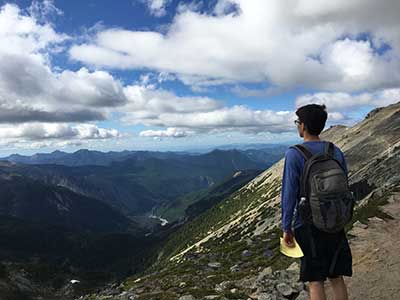In the midst of practicing dentistry in the pre-clinic, studying for my courses, engaging in extracurricular activities, and preparing for the NBDE Part I, I often feel that the tempo of my life is much too fast. Every time I visit home, my parents seem older and my house looks different. Time relentlessly continues to pass. I sometimes forget to pause to think about my life from a greater perspective. Instead of thinking about each task of each day, I want to think about my role in the world and my vision for the future.
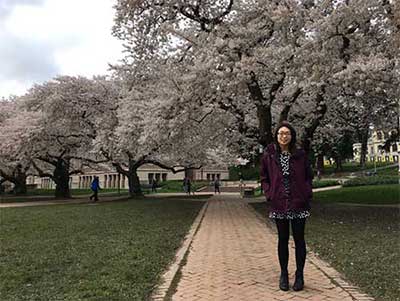
Recently, I was nominated by the UW School of Dentistry for the Martin Luther King Jr. Community Service Award, alongside my colleague, Marcus Hwang. Dashing out of our fixed prosthodontics lab course, we arrived at the ceremony perhaps a minute late. The room was full and I immediately realized that the service was much more than an award presentation. A middle school jazz band led performances of the anthem, “Lift Every Voice and Sing” and classics such as “Willow Weep for Me” and “Land of Make Believe”. A local poet offered an interactive spoken word experience and several guest speakers shared heartfelt tributes to the life of Martin Luther King Jr. The ceremony was a community gathering in which we stood in solidarity with one another.
Sitting in the back of the room, I watched as every single member of the audience participated with sincerity and passion. I was reminded of life outside of the university and for a moment, time stood still. The Master of Ceremonies concluded the program with a reading of a quote by Dr. King in which he said, “Make a career of humanity. Commit yourself to the noble struggle for equal rights. You will make a greater person of yourself, a greater nation of your country, and a finer world to live in.”
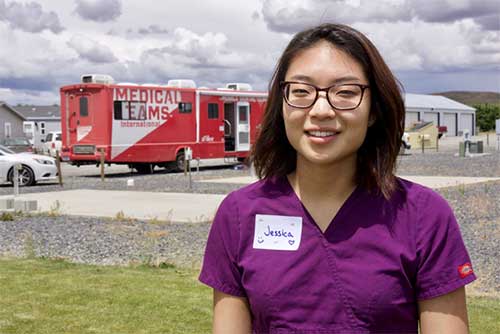
This statement is a call to action. It offers a perspective to which we can all aspire to. For me personally, it represents my motivations in dentistry and global oral health. Throughout my career, I intend to serve individuals in need, whether locally or abroad. Although the sheer academic rigor and the professional demands of dentistry can become overwhelming, I am fueled by desire to improve the state of the world through my actions. I am thankful to be involved at the DeRouen center because it has given me the opportunity to think and act as a global citizen.
Time slows down when you work with intention and purpose. I hope to continue to learn, to appreciate those around me, and to improve the quality of life for others through my own.
Jessica is the co-founder and Director of Relief Efforts for Husky Health Bridge. She is the President of the UW Periodontics Dental Student Interest Group and actively involved in the AADR National Student Research Group, American Academy of Periodontology, and American Student Dental Association. She is also a member of the Hispanic Student Dental Association and American Academy of Developmental Medicine and Dentistry. Besides outreach and research, she enjoys playing both the piano and violin, exploring the outdoors, and entertaining her two cats, Tofu and Dubu (두부).
